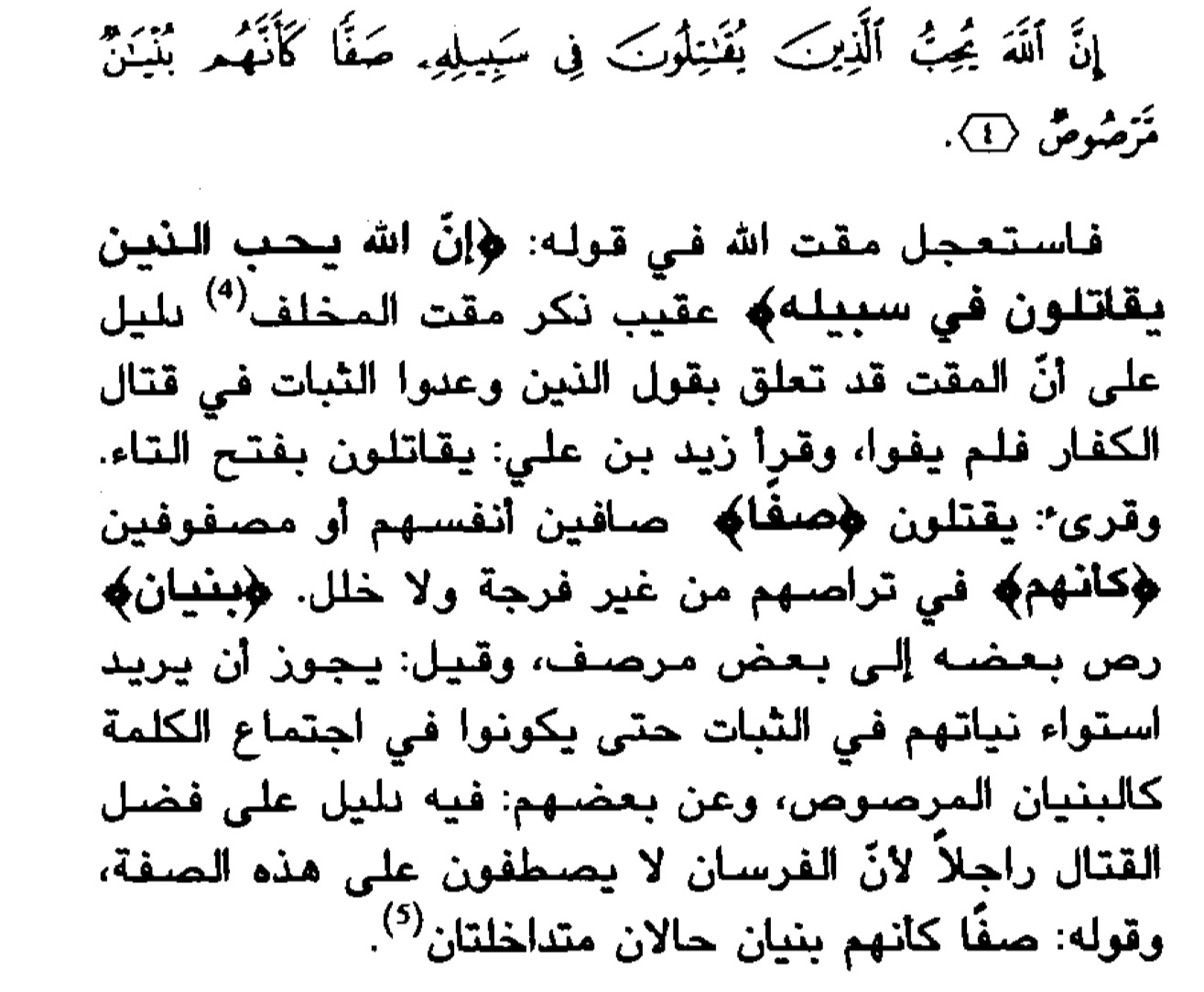The expression “Bunyan Marsoos” blasted its way to the attention of a global audience last week when Pakistan used it to name its retaliatory strike against India.
People were wondering, and are still wondering, what it means and where did it come from. This is an attempt to clear up the confusion.
The expression appears in Verse 4 of Chapter 61 of the Quran named al-Saff (الصفّ) - literally a row or column. In the context of the Chapter this refers to a row or column of soldiers.
The Verse in Arabic reads as follows:
إِنَّ اللَّهَ يُحِبُّ الَّذِينَ يُقَاتِلُونَ فِي سَبِيلِهِ صَفًّا كَأَنَّهُم بُنْيَانٌ مَّرْصُوصٌ
This translates as follows:
Indeed! Allah loves those who fight for His Cause in files (as in a file of soldiers) as though they were a (densely) packed structure.
Here “Bunyan” in Arabic refers to any built-up structure. The qualifying adjective “Marsoos” is the passive participle (the state resulting from the action of a verb) of the verb rassa (رصَّ) which means: to compact or pack tightly together. So, the expression “Bunyan Marsoos” translates to mean a solid structure immune to breakage or permeation.
The literal meaning of the verse is clear. But as always, the exegetists of the Quran look beyond the literal. Among the greatest of them was a certain Abu al-Qasim al-Zamakhshari (d. 1074 CE). The header image is screen shot of his exegesis of this Verse - Verse 4 of al-Saff.
In it he refers to the literal meaning of the verse. But goes beyond this to propose a deeper, more esoteric meaning: That those who fight in the way of Allah are similar in intention such that the unity of their thinking is like a solid structure.
As always, those of us who seek to explain the Quran must always keep in mind the limits of our knowledge and vision.

